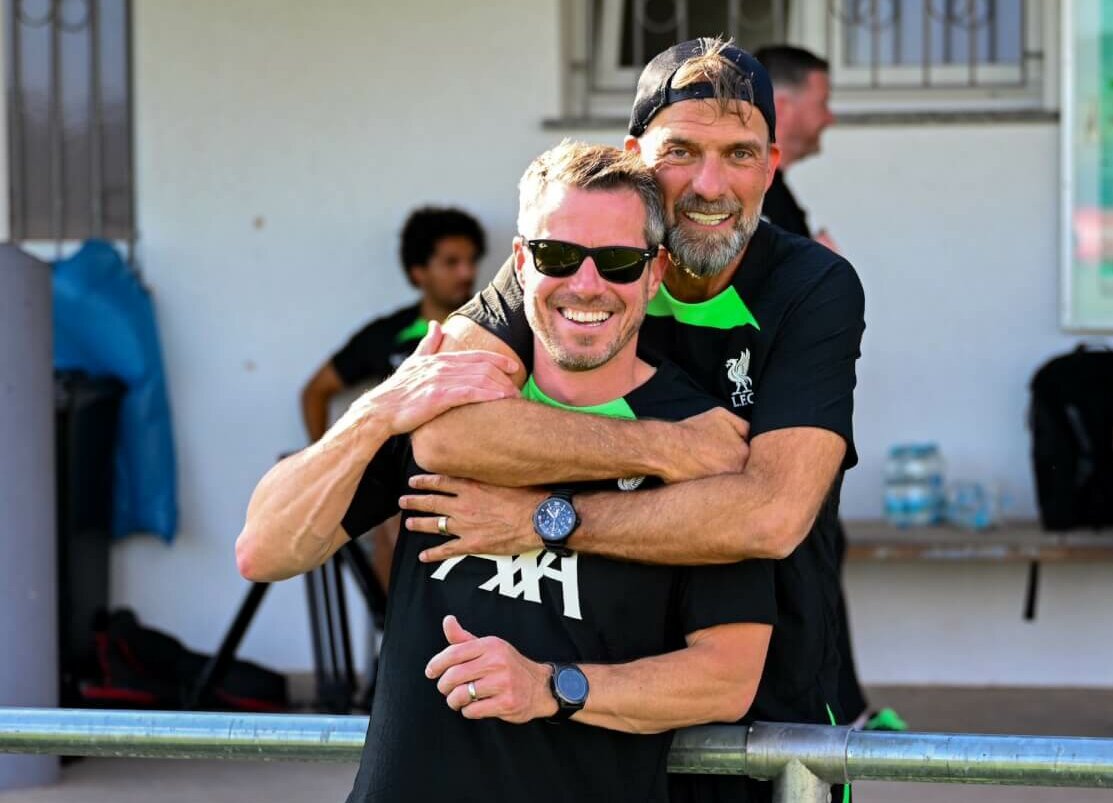A Journey to Liverpool
Billy Hogan, the esteemed CEO of Liverpool Football Club, recently sat down with Ed Dixon of SportsPro to discuss his journey, the club’s evolution, and his leadership style. Hogan’s insights reveal a leader deeply committed to the club’s success and the well-being of its community.
Billy Hogan’s journey to Liverpool FC is marked by his passion for sports and his dedication to sustainable management. He began his career in sports marketing, working with ANC Sports before joining Fenway Sports Management (FSM), where he played a pivotal role in managing various sports assets, including the acquisition of Liverpool FC by Fenway Sports Group (FSG) in 2010.
“My goal was to work in sports… the hardest part about working in sports is actually just getting into the industry,” Hogan shared.
Out of Business
Since flirting with going out of business, Liverpool’s on-field success has included a Premier League and Champions League title apiece and an overall growth in value from £300m to over £4bn.
“Liverpool, it is fair to say, had been mismanaged and was heading towards bankruptcy and heading towards administration, we as FSG came into that process late. Had we not closed by mid-October [2010], by the end of the month they were going to put the club into administration, so it was bleak.
“From our perspective we were convinced by the size and scale of the club and the opportunity that existed. I think we perhaps didn’t appreciate quite how big the club actually is, and having worked for the club now for over a decade I have experienced that.”
Reviving a Global Giant
When Hogan and FSG stepped in, Liverpool FC was on the brink of bankruptcy, heading towards administration. The club was in dire need of a vision and a strategic approach to regain its former glory. Hogan, with his extensive experience, saw the opportunity to revitalize a global giant and was convinced about the size and scale of the club.
“We were convinced about the size and scale of the club and the opportunity that existed,” Hogan remarked.
Strategic Focus Areas
Hogan emphasized three main focus areas: football, infrastructure, and the commercial side. The goal was to create a sustainable model that could drive revenues and support the football operations team effectively. The club worked diligently to improve infrastructure, including Anfield and training facilities, and to revitalize the commercial side of the club.
“We work as hard as we can off the pitch to help what happens on the pitch,” Hogan stated.
Leading Through a Pandemic
Hogan’s transition to CEO came amidst the global pandemic, a challenging time that required resilience and innovative thinking. The focus was on getting back on the pitch, protecting people’s jobs, and supporting the community. Hogan and his team worked to strip the business back to its core, eliminating unnecessary costs and leveraging technology to fulfill sponsorship commitments.
“It was a challenging time… we have a really good group of people at the club,” Hogan expressed.
A Culture of Success
Creating a culture of success is integral to Hogan’s leadership style. He believes in the importance of having a long-term vision and dealing with criticism constructively. The club’s focus on its people and community, along with its commitment to football, has been pivotal in ensuring its impact and success on and off the pitch.
Conclusion
Billy Hogan’s leadership has been instrumental in navigating Liverpool FC through challenging times and laying the foundation for a sustainable future. His strategic focus on football, infrastructure, and commercial aspects, coupled with his commitment to the club’s community, exemplifies a leadership style that is both visionary and grounded.
“The focus is on how do we make sure that we just continue to operate in the best way possible going forward,” Hogan concluded.



